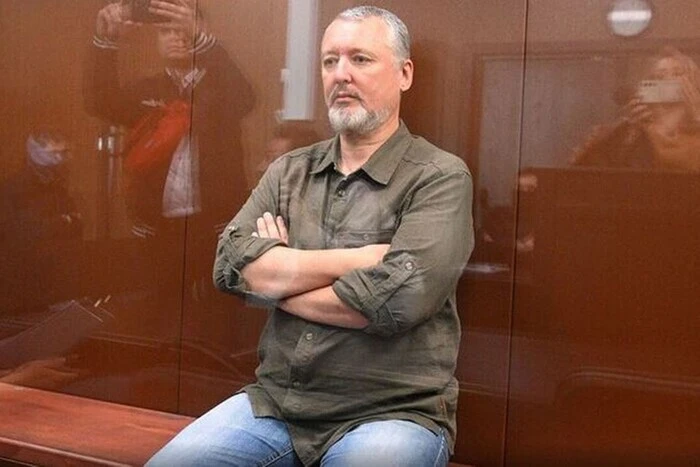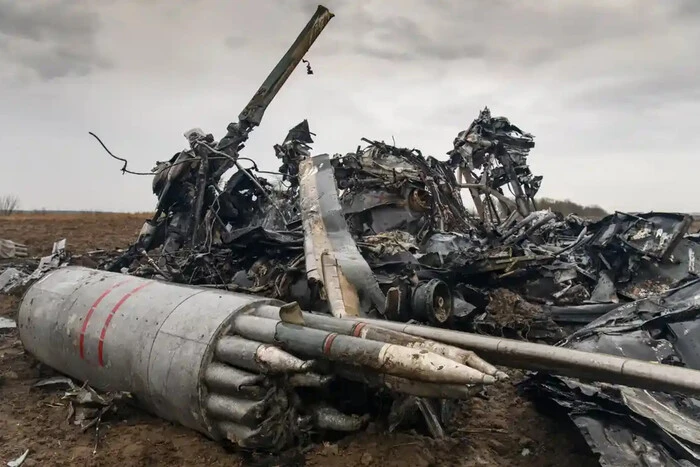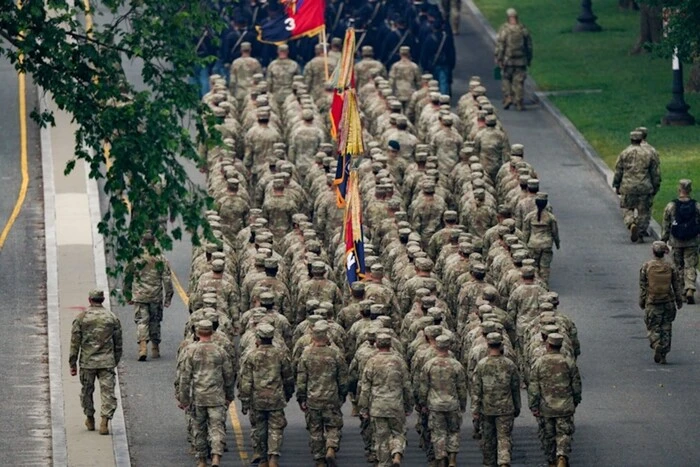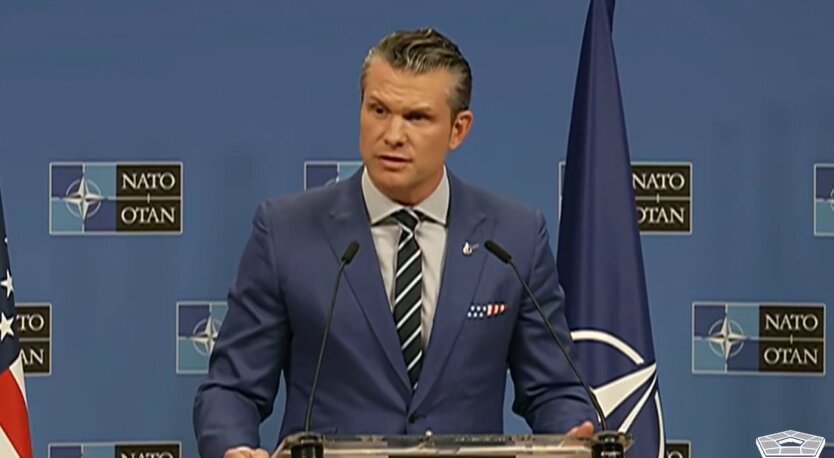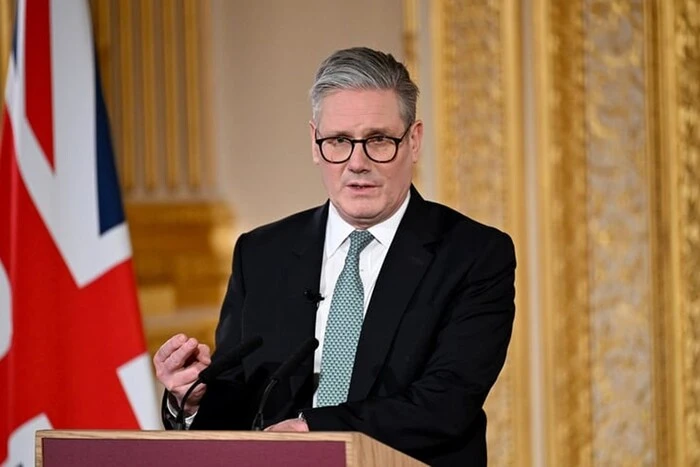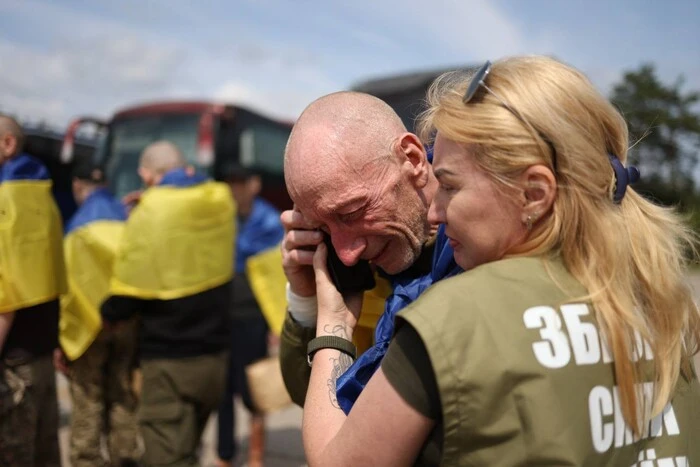International sanctions have paralyzed most of Russia's shadow fleet tankers.

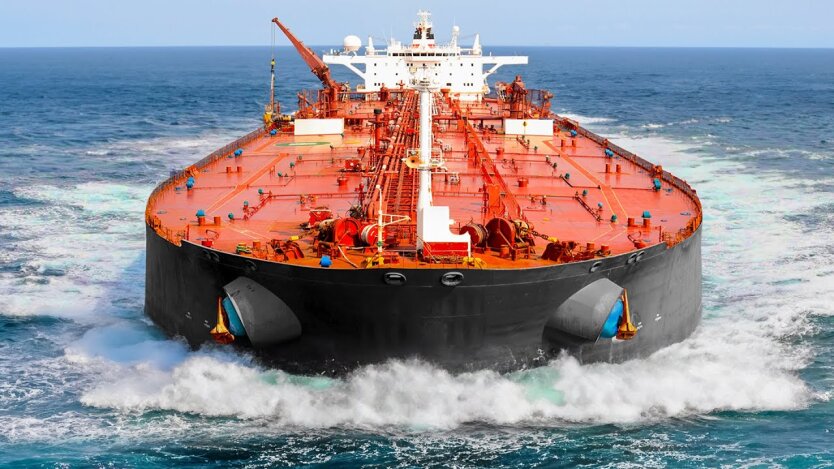
The President of Ukraine's Commissioner for Sanctions Policy, Vladyslav Vlasuk, reported that significant restrictions have been imposed on Russian maritime transport for carrying oil.
According to him, the latest sanctions packages from various countries have covered more than half of the vessels of Russia's 'shadow tanker fleet'.
'The sanctions package announced by Great Britain is painful because it includes 40 tankers from the shadow fleet. That's quite a lot. Thus, together with the European Union sanctions imposed on February 24 and Canada's sanctions on February 25, we already have over 300 tankers from Russia's shadow fleet under sanctions, which is more than half of those carrying Russian oil, which is pretty good,' Vlasuk said during a telemarathon.
The official stressed that the sanctions package introduced by the US administration on January 8 this year has hit Russian oil transportation infrastructure the hardest. These restrictions had such a significant impact that the head of the Central Bank of Russia, Elvira Nabiullina, acknowledged their negative effect on the Russian economy, estimating the losses at 1-1.5% of Russia's GDP.
Vladyslav Vlasuk also noted that ahead of the third anniversary of Russia's full-scale invasion of Ukraine, several influential international players, such as the European Union, the United Kingdom, Japan, Australia, New Zealand, and Canada, have introduced new sanctions packages against the aggressor country.
Read also
- Terrorist Girkin considers Putin an idiot
- Enemy Losses as of June 15, 2025 – Armed Forces of Ukraine General Staff
- A military parade has started in the States for the 250th anniversary of the Army: live broadcast
- The USA has transferred part of the weaponry from Ukraine to the Middle East
- The United Kingdom is deploying fighter jets to the Middle East
- Intelligence named the category of soldiers who are hardest to return from Russian captivity

